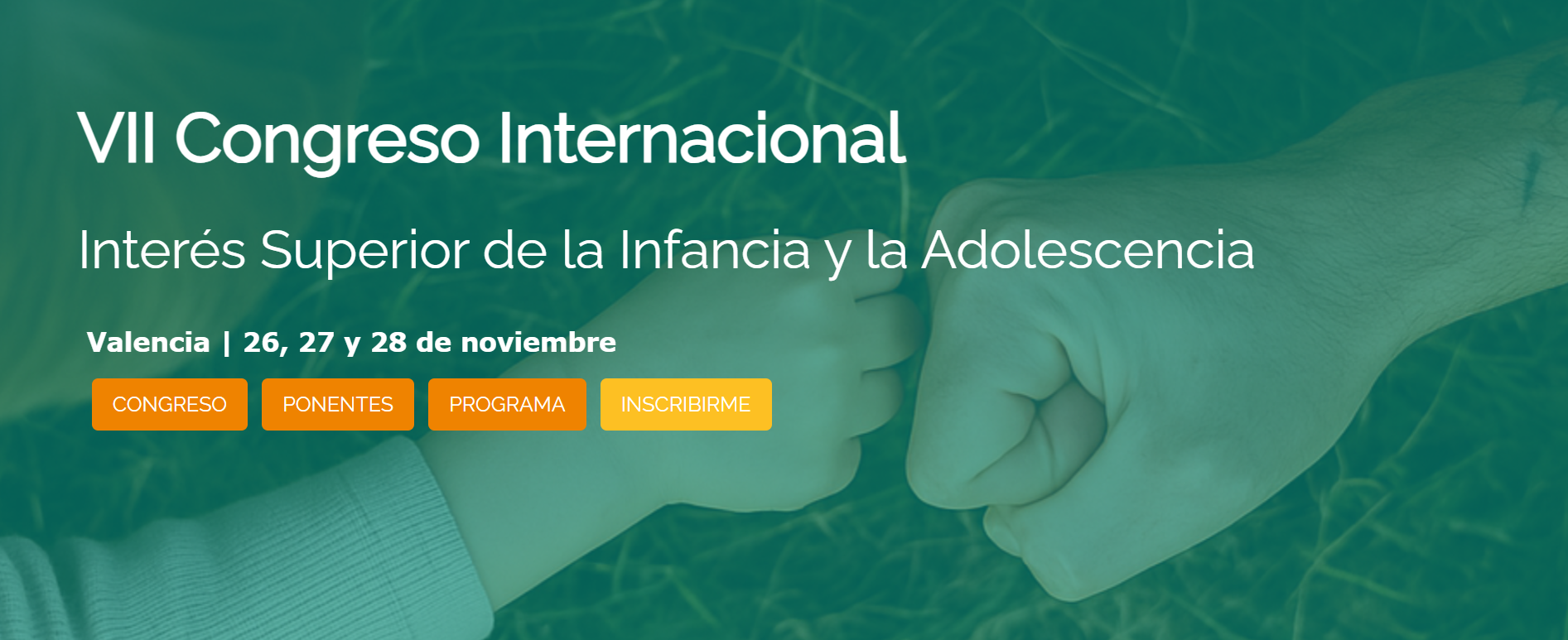Foster care system in Portugal: challenges and improvements
Portuguese organisations share how they are working on improving the foster care system in their country during a webinar on the progress in deinstitutionalisation of children in Europe.
In 2019 there were only 191 children and young people in family-foster care in Portugal, while more than 6000 children remained in residential care. The pandemic had an unprecedented negative impact on vulnerable children and despite the approval in 2019 of a new foster care law in the country, the training and support of foster carers has so far been insufficient.
On 27 January, Eurochild joined an online an online webinar to discuss progress in deinstitutionalisation of children in Europe, during the 5th International Conference on childhood and adolescence. The discussion was focused on the impact of Covid-19 impact on alternative care systems; prevention of early institutionalisation and promotion of deinstitutionalisation of children and young people.
Organisations in Portugal also shared their improvements of the Portuguese foster care system. Santa Casa da Misericórdia de Lisboa introduced new family types homes for children with trauma, and started recruiting foster families in the south of Portugal. Mundos de Vida has been prioritising foster care as the main care for children in out-of-home care in the north of the country.
Like in most countries, Portugal still lacks a proper framework to develop integrated community support mechanisms. The increasing unemployment rate along with insufficient support from the state has pushed many families into poverty, leading to more children entering alternative care.
Deinstitutionalisation must remain one of Portugal’s priorities during the recovery process and more must be done to fully implement the new foster care law in 2021.
If you would like to learn more, contact Sergio Araujo at sergiocostaaraujo@gmail.com




